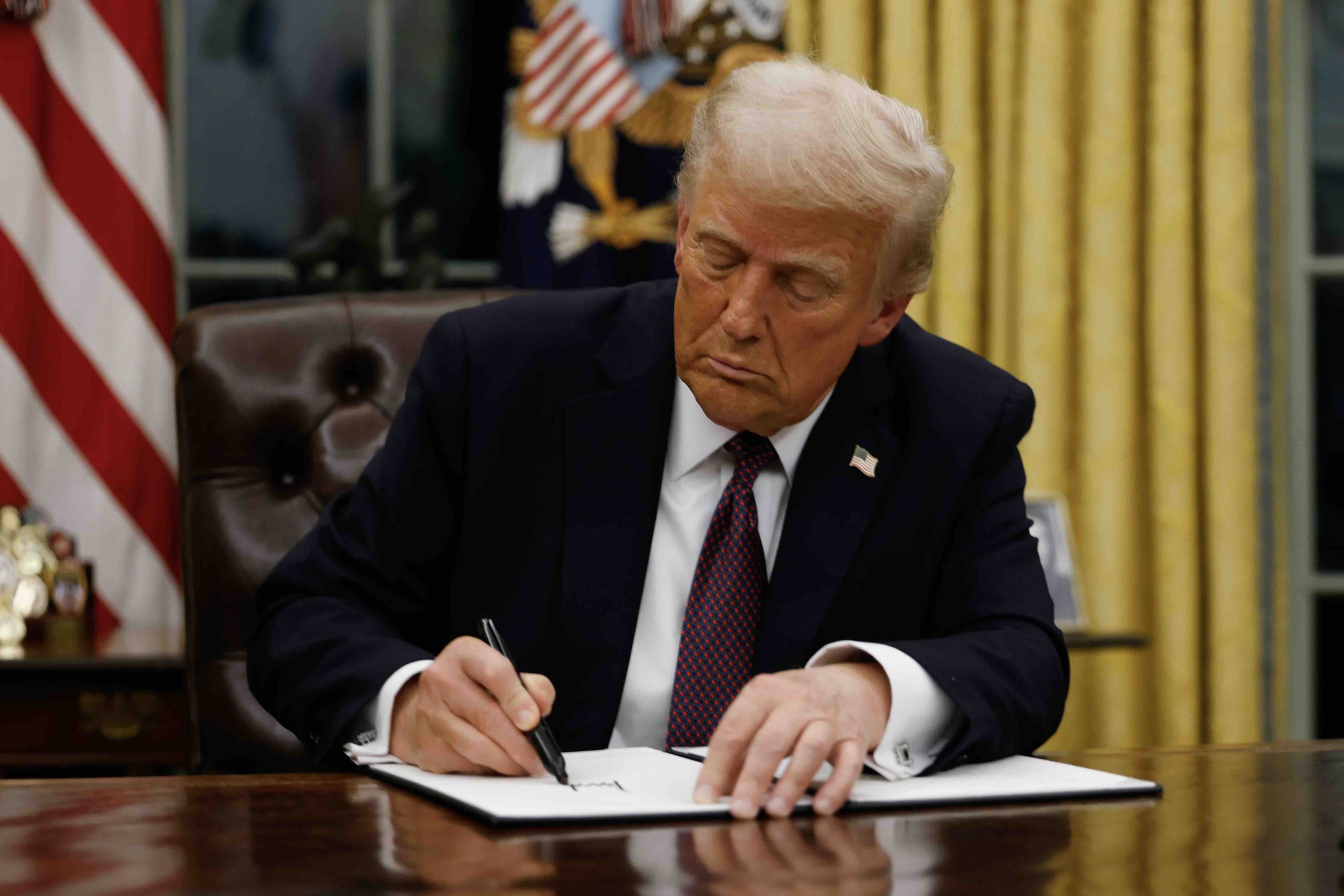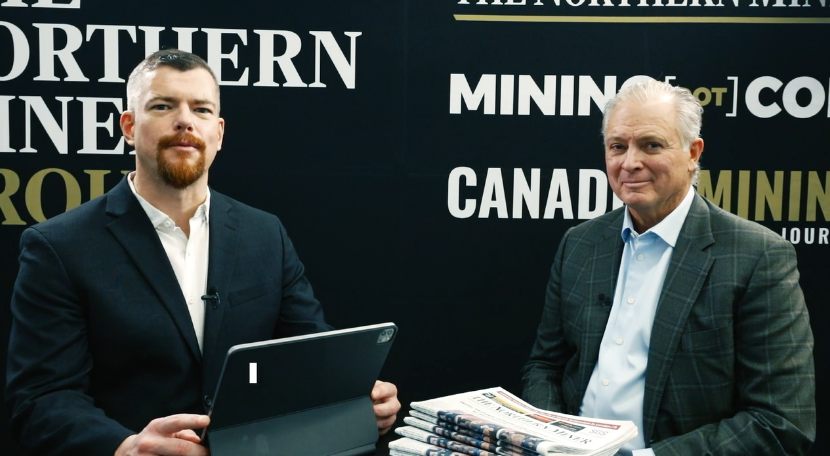Uralkali considers dropping out of cartel sending potash shares for a nose-dive
Analysts’ Ideas of the Week from Fundamental Research Corp.
Sid Rajeev, B.Tech, MBA, CFA, Head of Research and Nicole Engbert, BSc (geology), Research Associate – Mining
Up until last week, the global potash market was dominated by two marketing syndicates that controlled a combined 70% of global potash supply. However, on July 30, the Russian company, Uralkali (LSE: URKA), announced that it was considering separating from the European potash cartel, Belarus Potash Company (“BPC”). BPC is composed of Uralkali, and the Belarusian company, Belaruskali. This has sent the global potash industry into a nose-dive, with shares of Uralkali, Potash Corporation of Saskatchewan Inc. (TSX:POT),The Mosaic Company (NYSE: MOS), and Agrium Inc. (TSX: AGU) each dropping 19.09%, 16.04%, 17.28%, and 5.00% respectively, on the day of announcement. Together POT, MOS and AGU make up Canpotex, the other major global potash marketing group.
Uralkali stated that they had been unable to come to an agreement with BPC after the Belarusian presidential decree No.566 came in effect in December 2012. The decree has allowed Belarus to market its potash through organizations other than BPC, effectively removing limitations on production for the Belarus partner in BPC. As a result, Uralkali has decided to market its potash through its own trading firm, Uralkali Trading. This will allow Uralkali to increase annual production.
A Uralkali spokesperson has stated that the company predicts that potash prices could drop below US$300 per tonne (which is approximately 24% below current prices) due to the expected increase in supply in the potash market. The Russian company has stated that they plan to increase production from the current rate of 10 million tonnes of potash per year, up to 13 million tonnes of potash per year. Uralkali currently holds approximately 20% of the global market share of potash supply. Uralkali, being one of the lowest cost producers globally, is hoping that they should be able to increase profits, even if potash prices drop, by increasing production.
The chart below shows potash prices over the past five years:
Historically, the cartels were able to control supply, but now the potash industry may be opening up, creating more opportunities for companies to market themselves. This will generate more competition as potash producers vie for market share, putting downward pressure on potash prices. As prices drop, mines with lower operating costs will have an advantage over more expensive operations. Mines with lower operating costs will stand a better chance of surviving, and proposed projects that are expected to have low costs aremore likely to be brought to production than their pricier counterparts.
There has been some speculation as to whether this announcement is a bluff by Uralkali as they attempt to force BPC into an agreement. It remains unclear what the final outcome will be, but Uralkali has stated that future cooperation on a mutually beneficial basis is not completely out of the picture yet.
Two junior potash companies we cover are Western Potash (TSX: WPX) and Passport Potash Inc. (TSXV:PPI). Both have potash projects in North America, Passport in Arizona and Western in Saskatchewan. As can be seen in the table below, PPI was down 7.14% to $0.13, and WPX was down 7.37% to $0.44, at close on July 30, 2013. PPI and WPX have fared well compared to many of other potash companies such as Karnalyte Resources Inc. (TSX: KRN) that dropped by 46.19% in one day.
The following table shows how potash stocks were affected by the Uralkali news on July 30, 2013.
Shares of Agrium were least affected, which is unsurprising as Agrium is diversified across the agriculture supply chain, covering everything from fertilizers to seeds and pesticides. Both Passport and Western shares fared better than most as well, although shares of Passport did already fall by 12.5% on July 29, for no apparent reason.
Revising fair value estimates on WPX and PPI
We believe most of the development stage potash projects are not attractive, if long-term potash prices drop below US$350 per tonne. Therefore, we do not expect long-term prices to drop below US$350 per tonne. Until we have more clarity on the final outcome of the recent developments, we believe it is prudent to evaluate development stage projects based on a range of possible long-term potash prices.
The following table show the sensitivity of our fair value estimates on WPX, and PPI, to long-term potash
prices between US$350 and $425 per tonne. Up until the Uralkali announcement, we were using a long-term
price of US$425 per tonne for our models.
The average fair value of WPX at various potash prices is $1.17 per share.
The average fair value of PPI at various potash prices is $0.38 per share.
Therefore, based on the above, we have adjusted our fair value estimate on WPX from $1.83 to $1.17 per share, and on PPI from $0.63 to $0.38 per share. We have maintained our BUY rating and risk rating of 5 (Highly Speculative) on both companies.
More News
US delays Canada, Mexico tariffs
The announcement comes a day after Trump gave a 30-day tariff reprieve to the big three automakers.
March 06, 2025 | 02:23 pm
Video: Seabridge CEO on KSM progress, questioned permits
The project, in the Golden Triangle of British Columbia, is one of the world’s top undeveloped gold deposits.
March 06, 2025 | 01:34 pm
Video: VRIFY’s new AI tool cuts exploration timelines from weeks to seconds
The platform provides real-time probability and variance metrics, which, VP says, challenges the old geological bias.
March 06, 2025 | 12:47 pm
{{ commodity.name }}
{{ post.title }}
{{ post.excerpt }}
{{ post.date }}








Comments